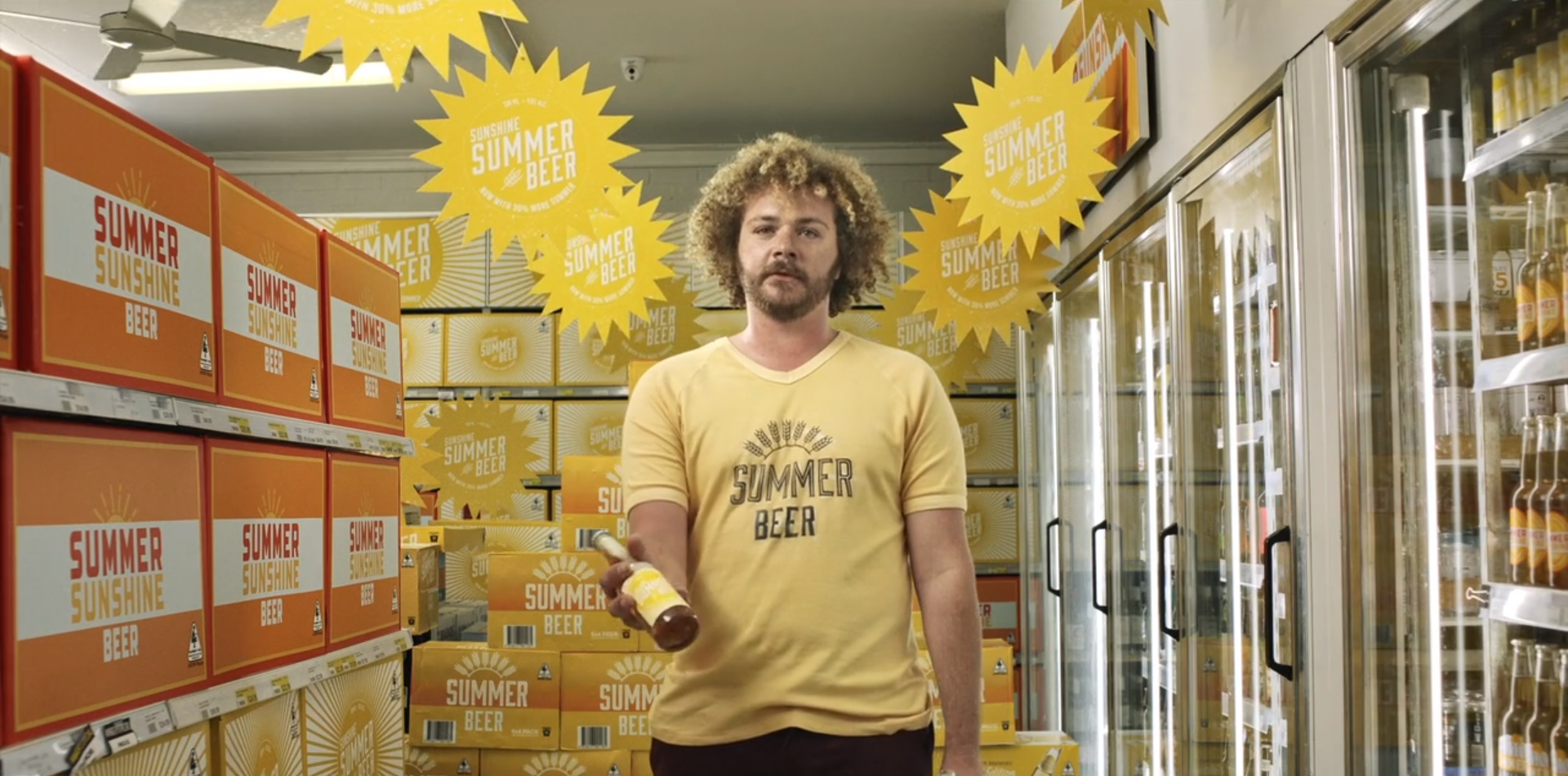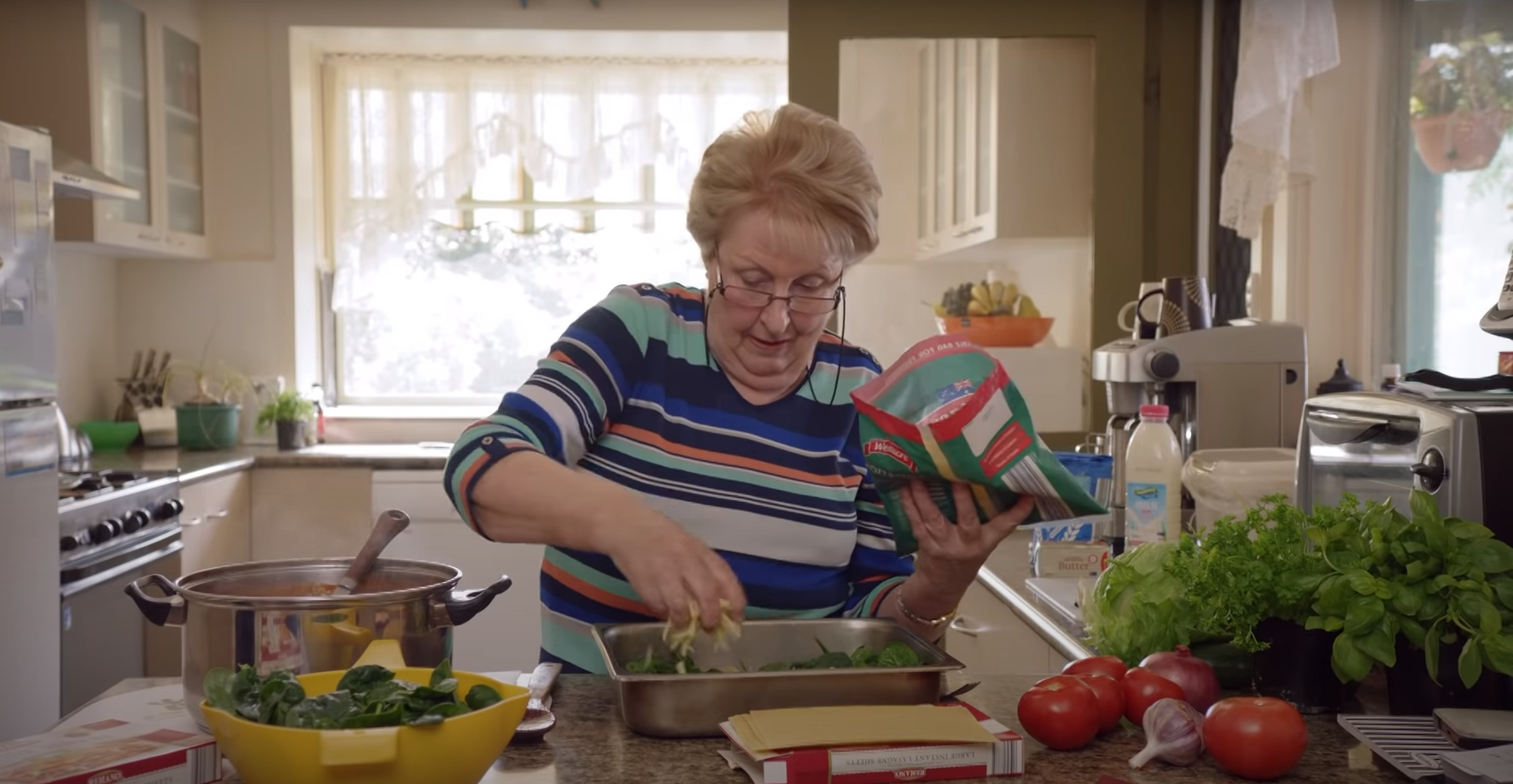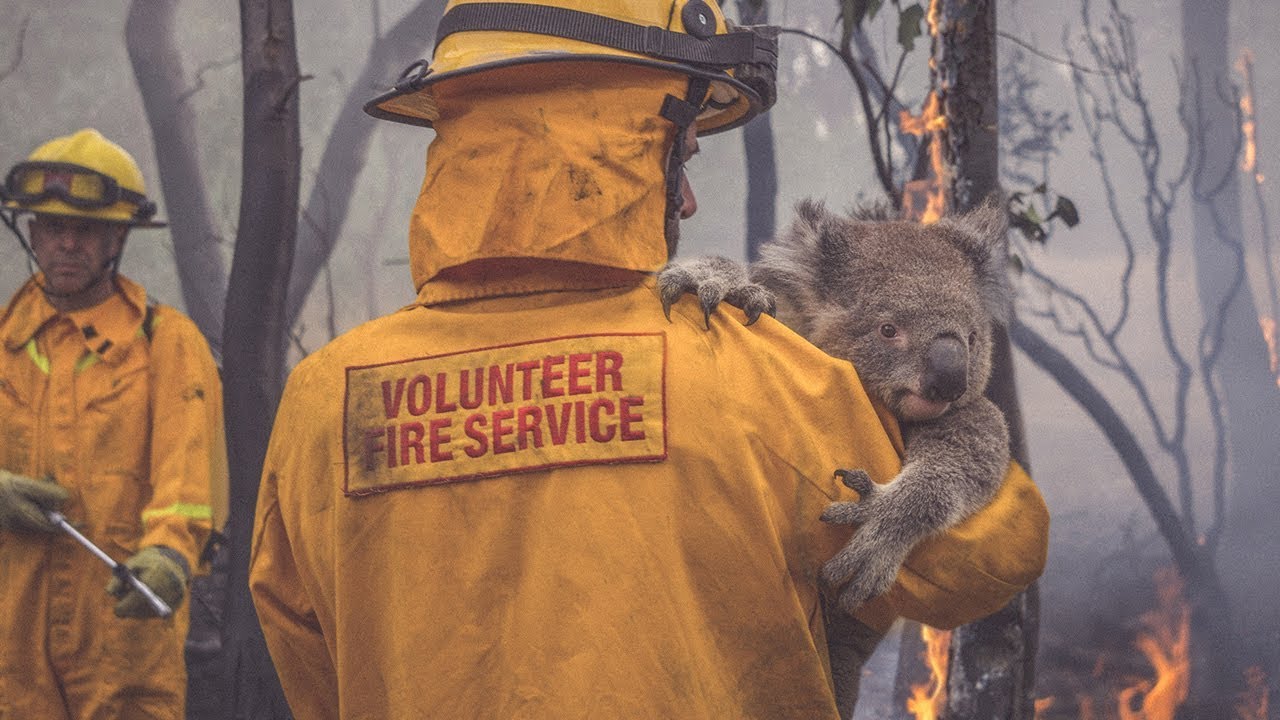The winners of the 2020 Australian Effie Awards are best-practice examples of audience insights fuelling effective strategies, writes WARC’s Chiara Manco.
The Australian Effie Awards celebrate work that demonstrates effectiveness through innovative thinking that boosts growth across the industry as a whole. For many of this year’s winners, success stemmed from a deep understanding of their audience. Across a variety of categories, objectives and executions, these papers are testament to the foundation that solid human insight lends to communications strategies.
Canadian Club: providing an alternative to the mainstream
In a summer season dominated by beer, whiskey brand Canadian Club looked to reinvigorate sales of its ready-to-drink (RTD) variant. But taking on beer would not be easy: beer advertising bombarded consumers during the hotter months, leaving little room for other thirst-quenching drinks. Consumers were left feeling like they had no alternative but to drink beer, even if they didn’t like it. After all, with no other option advertised, it seemed like the only way to fit in.
Hence the provocative question and central creative idea of Canadian Club’s campaign: ‘Who made beer the boss of summer?’ Across national TV and OOH, the ads subtly mocked beer’s summer dominance, and positioned Canadian Club’s RTD variant as a valid alternative to it. For targeted reach, the brand secured ad-break placements during key sports events and OOH close to stadiums.

By liberating Australians from the cultural obligation of drinking beer in the summer, Canadian Club’s RTD product achieved a volume increase of 45% and a value one of 56%, for an ROI of $4.63:1. The campaign, via The Monkeys, won a Gold at the Australian Effie Awards.
Aldi: convincing one consumer to win over a whole country
When Aldi Australia set out to dispel ingrained biases around the quality of its fresh food, it found that one bad experience at its supermarkets was enough to put consumers off them for good. What’s more, critics of the discount supermarket were extremely vocal about their disappointment, especially on social. The strategy then became about turning them from critics into advocates – starting from a single unhappy consumer.
Sarah had complained about the quality of Aldi strawberries online, so the supermarket recruited her friends and family to infiltrate her daily routine and ensure everything she ate came from Aldi. From her mum’s ‘legendary lasagne’ to lunch at her local cafe, Sarah was slowly won over by the Aldi range up to the final reveal through social posts, digital banners and catalogue spreads directly addressed to her.

Capturing one consumer’s surprise and satisfaction convinced Aussies to give Aldi another go. The campaign, through BMF Australia, beat target sales by 50%, with more than a third of the increase coming from new customers. It also resulted in a strong trust uplift, and won a Silver.
NRMA Insurance: thinking outside of the category
The audience insight that NRMA Insurance uncovered fuelled lateral thinking, leading the brand to find ‘outspiration’ – as Faris Yakob would call it – from a different category: environmental charities. Looking to get more Australians to buy home insurance, NRMA realised the prevalent category code of comedy only led to apathy towards it. Research revealed that its audience expected companies to demonstrate leadership in areas such as equality and the environment. And looking at the latter, it dawned on NRMA that the Australians whose homes needed protecting the most were not its audience, but koalas.
Through The Monkeys, the ‘Every Home is Worth Protecting’ platform, starring koala Arlo, was launched across TV, OOH and radio. But far from simply featuring the cute critter in its advertising, NRMA sealed a partnership with Conservation Volunteers Australia and committed to planting a tree – a home for koalas – for every new insurance policy sold. When the bushfire crisis hit, NRMA relaunched the original film with an updated message, and formed a partnership with the Port Macquarie Koala Hospital, which looked after koalas injured in the fires.

By adopting a cause that its consumers truly cared about, NRMA insurance witnessed a 12% boost in website traffic and a 20% growth in quotes completed. The campaign reached 24.1 million people and led to a 3.5pts increase in brand strength, earning it a Gold.
Mitsubishi: owning consumers’ most emotional moments
Mitsubishi was losing relevance in Australia, which made it hard for its line of SUVs to stand out. During consumer research, the brand found that people were triggered to buy its SUVs at emotional times in their lives, especially when entering a new life stage. So, the strategy was to own these life changes: through Richards Rose, the ‘Built For The Time Of Your Life’ campaign paired Mitsubishi models with life-stage moments across TV, digital, radio, social and dealership activations. Over three years, the platform evolved from focusing on emotion to emphasising tech specifications and the brand’s aspirational qualities.

By connecting with consumers when they are at their most emotional – the start of new life stages – Mitsubishi achieved growth for all three years the campaign ran. What’s more striking, in 2019, while the SUV category declined by 3.2%, Mitsubishi grew by 5.1%. The campaign won a Silver.
Look for the human insight
Never before have brands and marketers had so many means to uncover audience insight: the ‘traditional’ means of behavioural economics, demographics and focus groups can today be enriched with social listening, purchase behaviour data, and so much more. But this wealth of possibilities risks compromising quality in favour of quantity: not all insights are created equal. This year’s Australian Effie Awards winners are examples of strategies driven by deep consumer truths: not just audience insights, but human ones, able to speak to people’s real needs, behaviours and desires.
All winners of the 2020 Australian Effie Awards are available to read on WARC.

